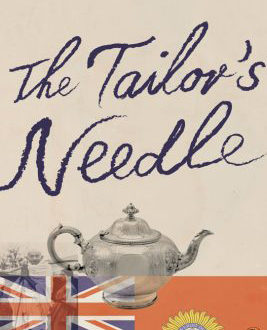Fair is Foul
It is a fair world, I thought, as I grew up like a creeper. But I learned something different after some time. Fair is a subjective word. The boundary between fair and foul begins to blur with age. Fair indeed is foul and vice versa. In fact there is the reconciliation of several opposites (opposites even as blatant as day and night, boy and girl, etc.,) and this reconciliation comes about with what is sometimes called maturity. Whether it is maturity or some street-smartness is difficult to decide.
The hardworking, the genuine, the gracious, is each taking a backseat; and the manipulative, the cunning, and even the disgraceful is smiling their way to the front. People who acknowledge that the world doesn’t seem just are considered stupid or failures and those that promote these unjust philosophies become contemporary in outlook. The moral of all this seems to be that what we see and what we perceive are two different things; our understanding is seriously impaired, premature, and faulty.
Besides, the nature of this world; our relationships, our surroundings, and who we really are or what we actually want is all rather vague and indefinite. We have been taught to believe in certain things and we believe in them without quite questioning them. But there comes a time when our beliefs don’t pass the tests of actual experience and then we seem to stand on unfirm ground. This is the key; human experience does matter. What you experience is twice as effective as what you’ve been told.
But experience can falsify what we consider right or wrong. That’s why a poet as perceptive as Shakespeare can make one of his characters say, “There is nothing either good or bad, but thinking makes it so . . .” It is poets or imaginative people who can go beyond what they’ve been handed down and not blindly consider it to be true. What most people believe to be fair may not be that fair. A woman denigrated as a witch in society may have been driven to that state by the viciousness of that society.
The world, then, is a mystery rather than this or that specific entity. The laws on which it works are also mysterious and not as specific as society makes them out to be. We give more importance to our brains and our understanding than either deserves. That is why Shakespeare valued living in doubts and uncertainties without hankering after fact and reason and possessed in abundance what Keats described as Negative Capability. Unfortunately, in accordance with the materialistic base of our existence we do not give much value to things that can’t be measured physically or economically. We value matter rather than the spirit. The spirit can see beyond what is tangibly there. It is necessary to remember that there’s nothing that can always be right or wrong. We learn from experience, often after missing the bus.


